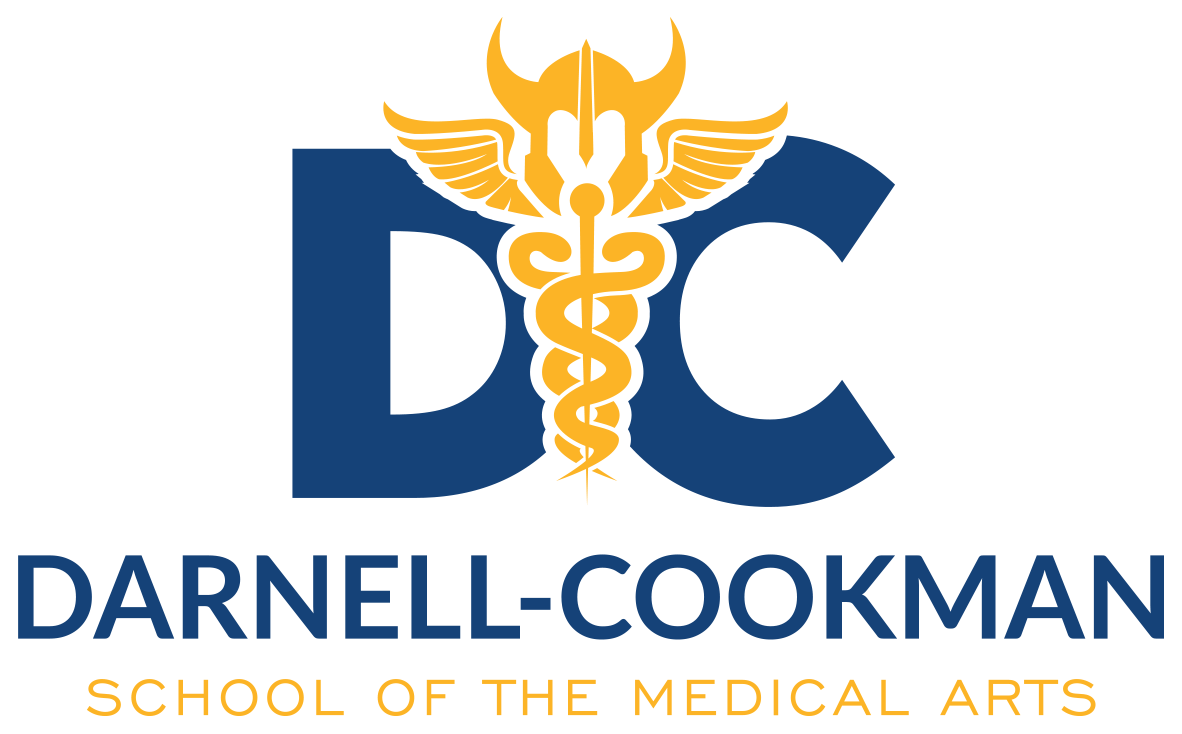
Attention all Vikings: just because it is on the Internet, does NOT mean it is true! Let me repeat- just because it is on the Internet, does NOT mean it is true! Anyone, yes even you, can publish something on the internet with the right knowledge and tools. Some of these tools are even free. Ever had a friend boast about something on facebook™ and they stretched the truth just a wee little bit? Yeah, that's on the Internet. In the old days, pre-Internet, students did all of their research from print materials- books, journals, newspapers, and reference materials. They were edited and vetted for accuracy and fact. Now a days, there is good news and bad news. The good news is that you have at your disposal more information on more topics than someone of my age could ever have dreamed. The bad news is that a lot of it isn't worth the terabit its typed on (fyi- a terabit is a unit of information). If you do your research from the subscription databases, you can be rest assured that your information will be accurate and relevant. The information from these sites has been collected and organized from edited, authoritative materials. If you are doing your searching from the free or surface web, however, you will need to evaluate the information to make sure it is appropriate to use for your task. You want to think of the content, the authority, usability, and purpose/bias of the site
Content:
As you look over the information on your site, ask yourself the following questions:
Can you understand what the site is saying? Is it on your reading level for comprehension?
Does it cover your topic comprehensively and accurately?
How current is the information? Is there a date it was written and a date it was updated?
Is the information different from anything you have read or seen on another site or sites?
Is the purpose of the site clearly stated and does it fulfill its purpose?
Is the information factual or opinion?
Does the site contain original information or merely links?
Are there sources you can check?
Authority:
Check carefully to who wrote the information, not just the webmaster
Are you able to check the author's credentials?
Does the site have a reputable organization or expert behind it?
Is there a working email to contact the author or organization?
Has the site been reviewed by an online reviewing agency?
Purpose/Bias:
What is the purpose of the site? - to inform, persuade, explain, promote, sell?
Is there advertising on the site, and could the advertisers have influence over the content?
Is it a personal, commercial, government, organizational, or educational site?
Are there facts or opinions?
Are there differing sides or arguments represented?
Is it trying to persuade you or change your opinion?
Usability:
Is the information easy to get to?
Do you have to go through a lot of links to get to your information?
Do the images enhance the site or distract from the content?
Is the site easily searchable?
Is the site organized well for easy navigation?
Are the links current and live?
Are there errors in spelling or grammar?
